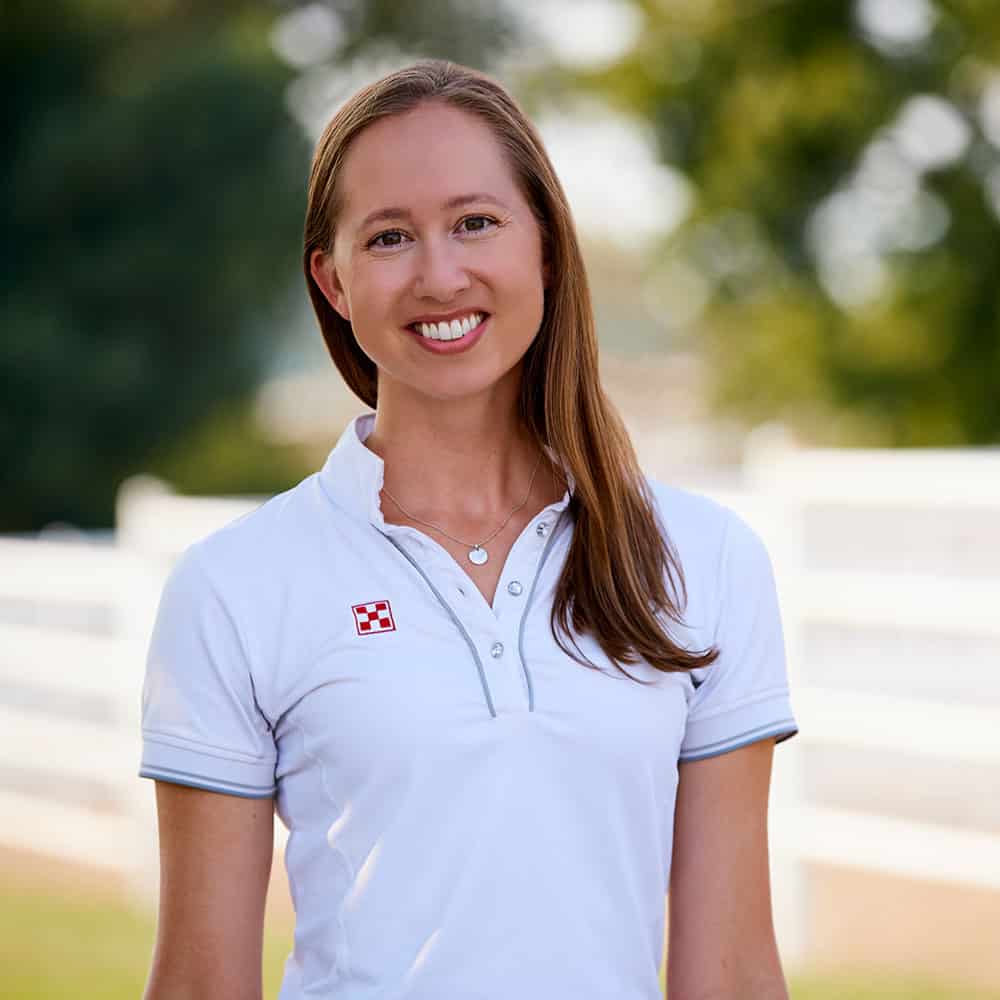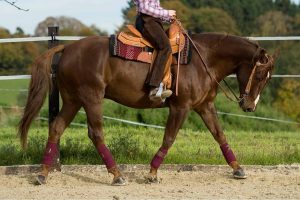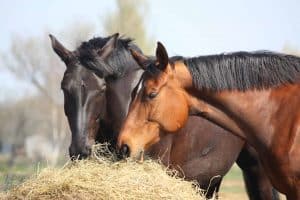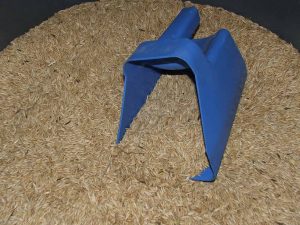
Preventing Nutrient Deficiencies in Foals
Learn how to feed growing horses correctly to avoid developmental orthopedic disease.


Learn how to feed growing horses correctly to avoid developmental orthopedic disease.

Should you adjust your horse’s diet if he will have time off during winter? What changes are safe to make? An equine nutritionist explains.

Choosing a high-quality feed and forage for your young horse is essential to ensuring her success in training while her body develops.

If your horse is living in an area with poor air quality, he might benefit from wet or steamed hay and omega-3 supplementation.

Horses with PSSM1 might benefit from magnesium supplementation, but it is important to use the right form and reevaluate its effects on your horse periodically.

Miniature Horses with allergies can be challenging to manage and might have different dietary needs than their larger counterparts.

Choosing a diet that is low in starch and sugar can help reduce excess muscle glycogen storage in horses with PSSM.

Be sure to support your horses’ changing nutritional needs as they start working harder in the warmer weather.

A nutritionist gives different reasons why two horses might not be consuming enough hay.

If managed with the right nutrition plan, horses and ponies with histories of laminitis can have successful careers.

An equine nutritionist discusses the validity of serum allergy tests for horses and offers more accurate options.
Stay on top of the most recent Horse Health news with